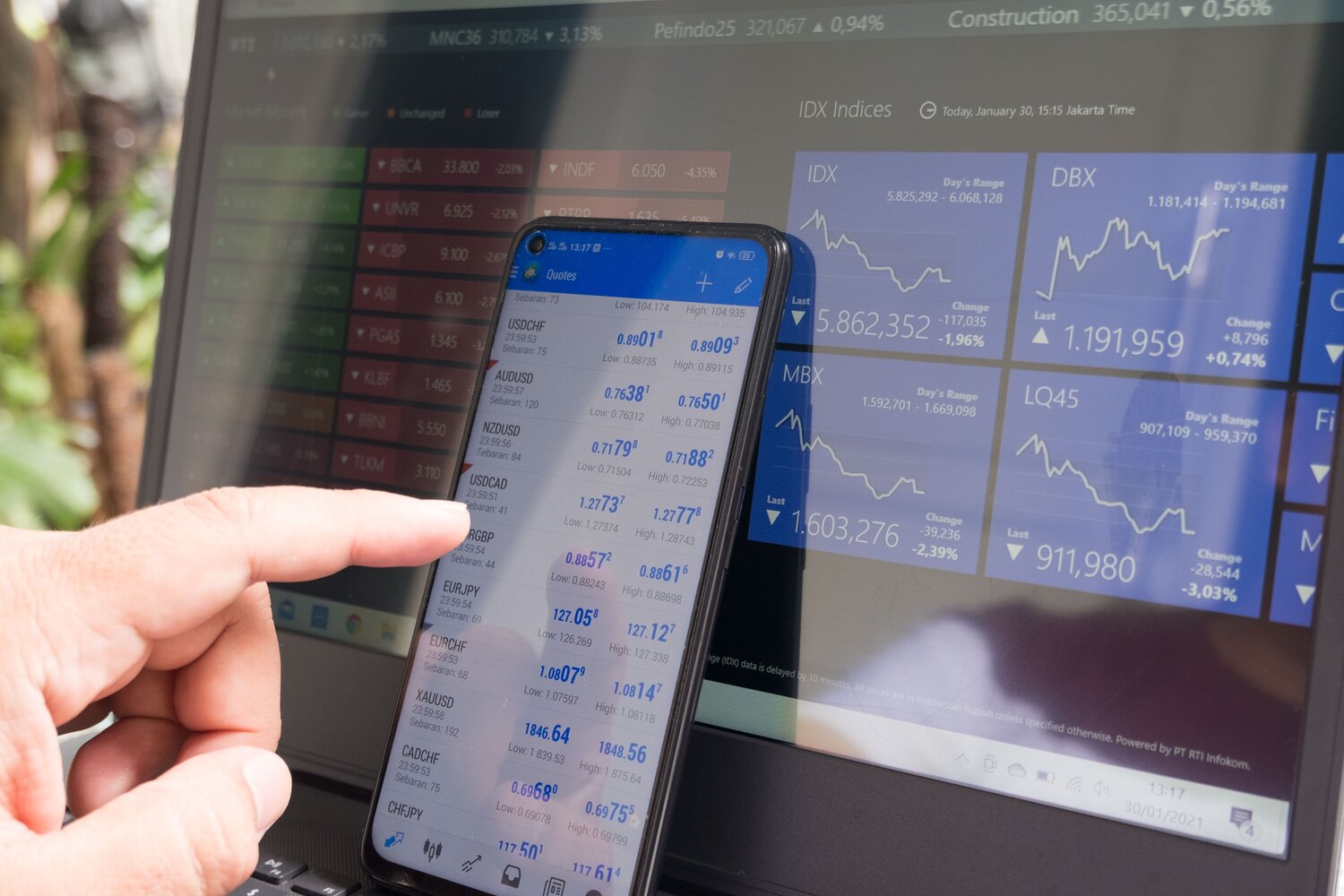Commercial banks across Nigeria have announced that all Form A and FX requests must include a valid copy of the applicant’s Tax Clearance Certificate (TCC) alongside other required documents on the Centrak Bank of Nigeria (CBN) trade monitoring system portal.
This is coming after the federal and state governments had mandated commercial banks as well as Ministries, Departments and Agencies of Government (MDAs) to henceforth, implement the demand for a valid Tax Clearance Certificate (TCC) as a prerequisite for carrying out any business transaction with individuals and organisations in the country.
Daily Sun gathered that the drive, which was in line with the provisions of Section 85 of the Personal Income Tax Act (PITA), 2011 (as amended) and Section 31(5) of the FCT-IRS Act, 2015, had already taken effect in Abuja and other parts of the country.
In separate emails sent to customers at the weekend, banks said, “Please be advised that effective immediately, all Form A and FX requests must include a valid copy of the applicant’s Tax Clearance Certificate (TCC) alongside other required documents on the CBN’s Trade Monitoring System Portal.
“The Tax Clearance Certificate (TCC) is evidence of meeting tax obligations from a revenue authority and should cover three years immediately preceding the current year of assessment.”
The banks further added that a copy of the individual’s valid TCC will be required for all school fees payment; payment for upkeep and medical bills payment.
Personal Travel Allowance (PTA); Business Travel Allowance (BTA); Personal Home Remittances and
Other Foreign Exchange transactions for which a Form A is required.
“For the avoidance of doubt, it is necessary to note that approval of your Form A request on the Trade Monitoring System (TRMS) is subject to the review/certification of the valid TCC provided”, banks said.
According to a publication by the FCT- Inland Revenue Service which was seen by Daily Sun, the regulation covers applications for government loans, registration of motor vehicles, applications for foreign exchange or exchange control permission, certificate of occupancy, award of contracts by the government, and its agencies, and registered companies.
Other transactions subject to proof of TCC include approval of building plans, trade license, transfer of real property, agent license, pools or gaming license, registration as a contractor, application for distributorship, confirmation of appointment by the government as chairman or member of a public board, institution, commission, company or to any other similar position made by the government.
Other affected transactions are stamping of guarantor’s form for a Nigerian passport, application for registration of a limited liability company or of a business name, allocation of market stalls, appointment or election into public office, application for change of ownership of a vehicle by the vendor, plot of land, FCTA loan and any other as may be determined from time to time.
Under the new directive, MDAs, banks, and corporate bodies must ensure all presented TCC go through a rigorous verification process by the issuing tax authority to ascertain their authenticity.
According to the FCT tax authority, the development was borne out of the need for the service to ensure that all residents of the FCT fulfill their tax obligations as demanded by law.
The FCT-IRS, further stated that in fulfilment of its mandate to improve revenue generation and ensure compliance, it would carry out a routine monitoring and enforcement exercise monthly, quarterly, or annually, adding that strict sanctions would be meted out to defaulting bodies as stipulated by law.
In the same vein, it stated that filing annual returns is mandatory for all residents of FCT as it is a pre-condition for the issuance of TCC.
“Thus, the monitoring exercise will encompass the compliance rate as regards the prompt filing of annual returns as well as the demand for Tax Clearance Certificate (TCC) as a requirement for the transactions listed above,” it noted.
Furthermore, banks have also begun revising their interest rates following the recent changes in Monetary Policy Rate (MPR) by the Central Bank of Nigeria (CBN).
“This is an important update on interest rate. Following the recent changes in MPR, the interest rate on savings account as well as others has been revised. The new rates are effective immediately”, they said.




